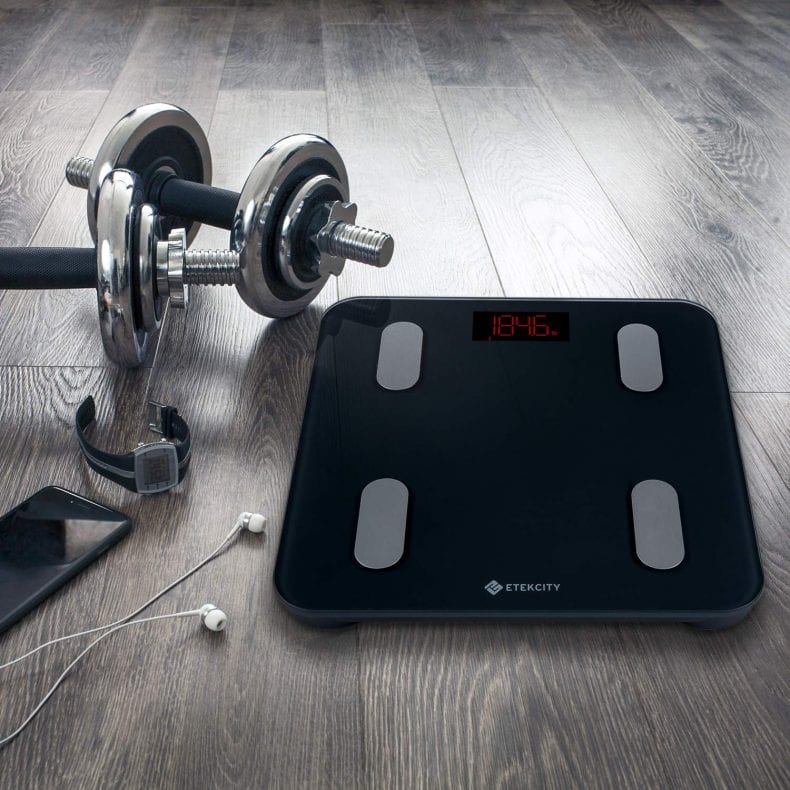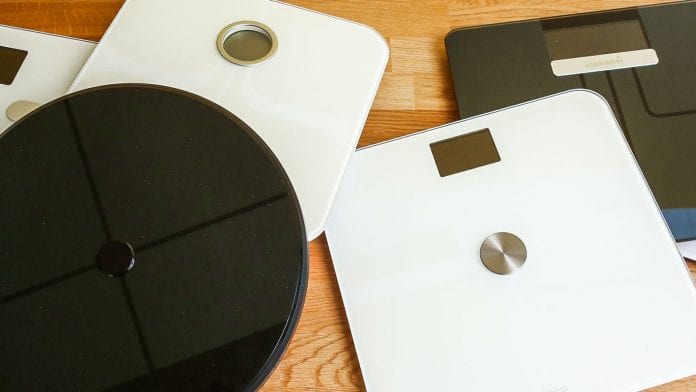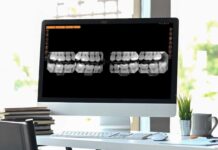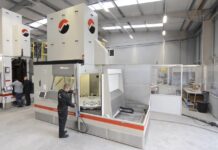When you step onto a body fat scale, a technique known as Bioelectrical Impedance Analysis (BIA) is used. This involves an electrical current, which is very small and very harmless, moving quickly through your whole body. This current will move through tissue that doesn’t have very much fat (such as muscle) more quickly than through bone and fat tissue, so, the scale can calculate how much fat-free mass your body has and the density of it, by measuring how much resistance occurs with the electrical current.
It’s important to realize that body fat scales don’t measure the percentage of your body fat; they measure the density of your body. What happens is that the scale takes this measurement of body density and utilizes a formula to calculate the percentage of body fat based on it. It’s also important to know that this formula merely predicts how much body fat you have. It is not a number that’s 100% accurate like here. Unfortunately, a formula that predicts body fat accurately for everyone has not yet been found. Differences in body size, level of fitness, ethnicity, gender, and age can all have a great impact on the results of the formula.
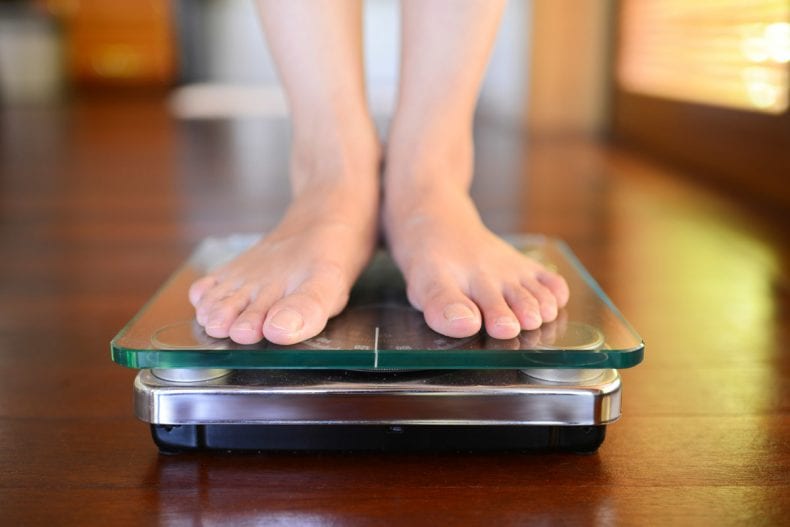
So, what does this mean for you? It means that rather than using body fat scales to determine your percentage of fat, you should use them to get an overall idea of your health and fitness and use them to track changes in the way your body changes through time in an accurate manner; that’s all you really need them for.
How Do I Make Sure My Body Fat Scale is Accurate?
The accuracy of the results of your scale can be impacted by a wide variety of things, including how much water is in your body, how much food you’ve eaten during the day, the temperature of your skin, and whether you’ve gotten any exercise recently. So, in order to get results that are consistent and accurate, you have to make the way you perform each test standardized. This just means that you try to make the environmental factors as similar as possible when you step onto the scale–do it at the same time of the day, after you’ve eaten breakfast for example, or measure yourself right after you’re done exercising. The good news is, standardizing is very easy to accomplish.

Are Body Fat Scales Better than Traditional Scales?
The answer to the question on everyone’s mind is: absolutely. A big mistake people often make when they’re on their fitness journey or weight loss journey is to measure their progress through weight alone. There are many reasons you should take your percentage of body fat into account too.
Scales that measure body fat also tend to be reliable and accurate. They offer big advantages because anyone can go out and purchase a scale; they’re very accessible. They also are a lot cheaper than most other means of measuring body fat, and you can make your measurements in the comfort and privacy of your own home. Overall, body fat scales are a great investment.
